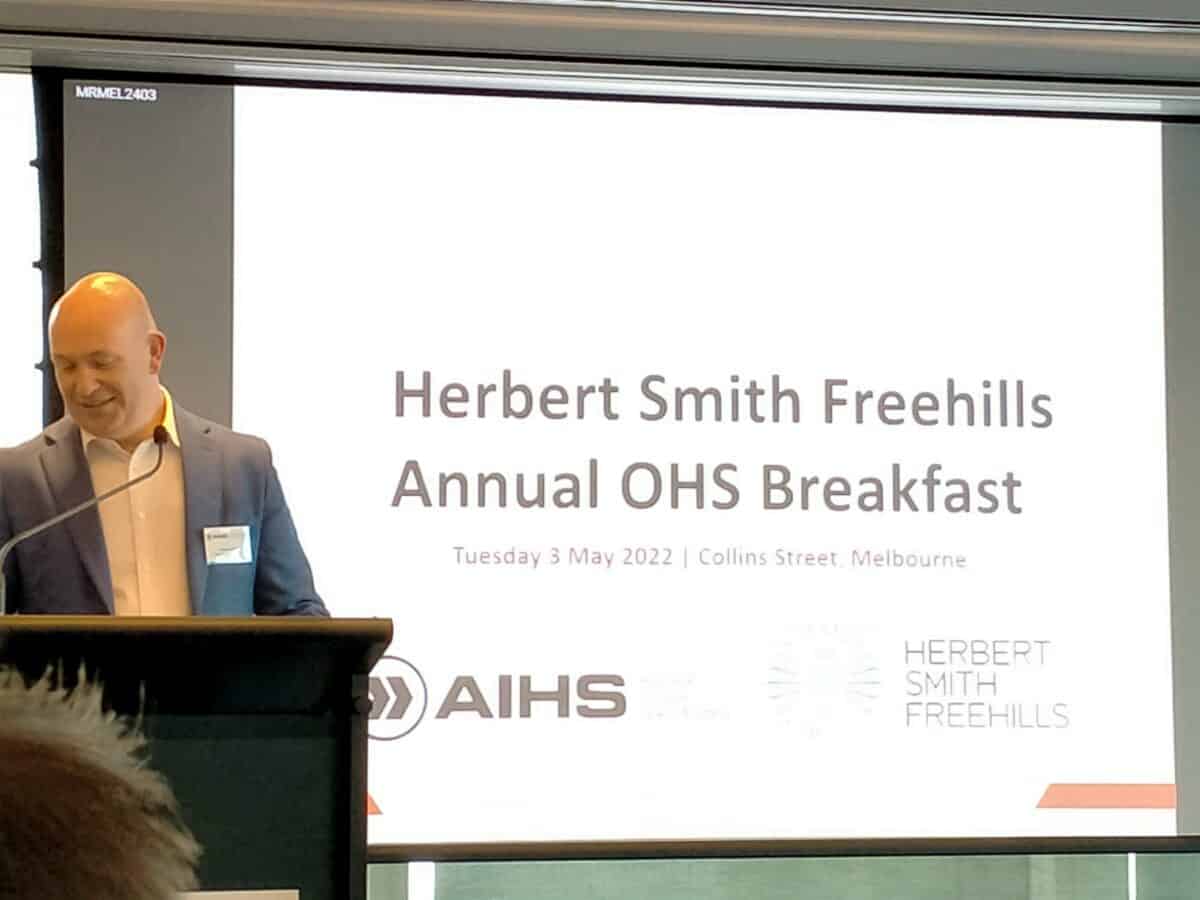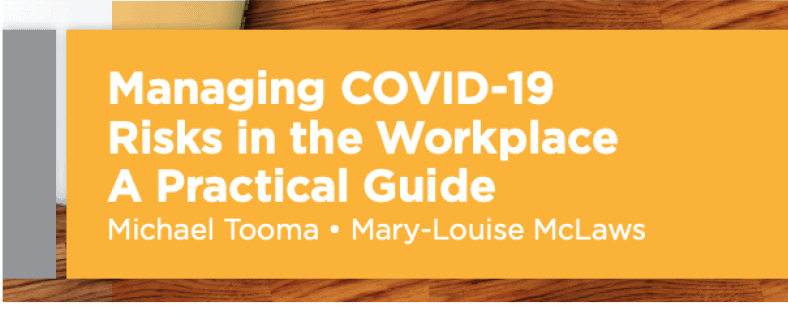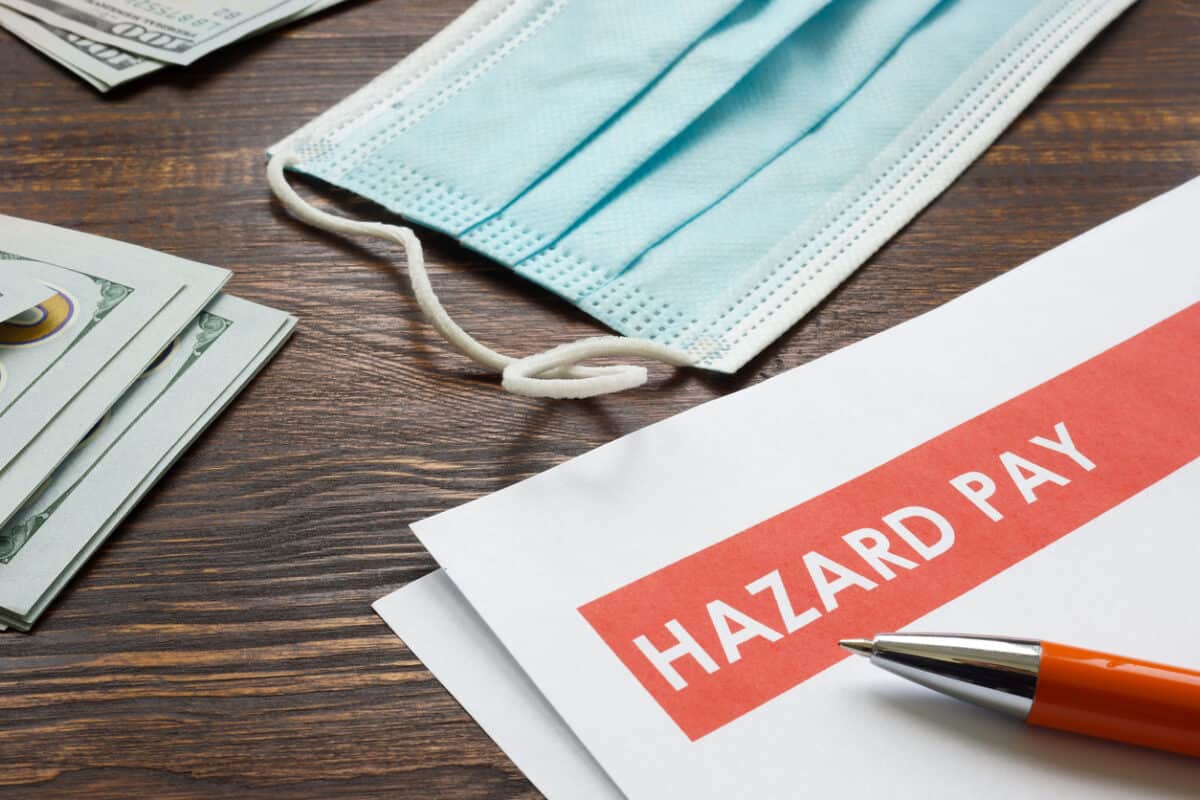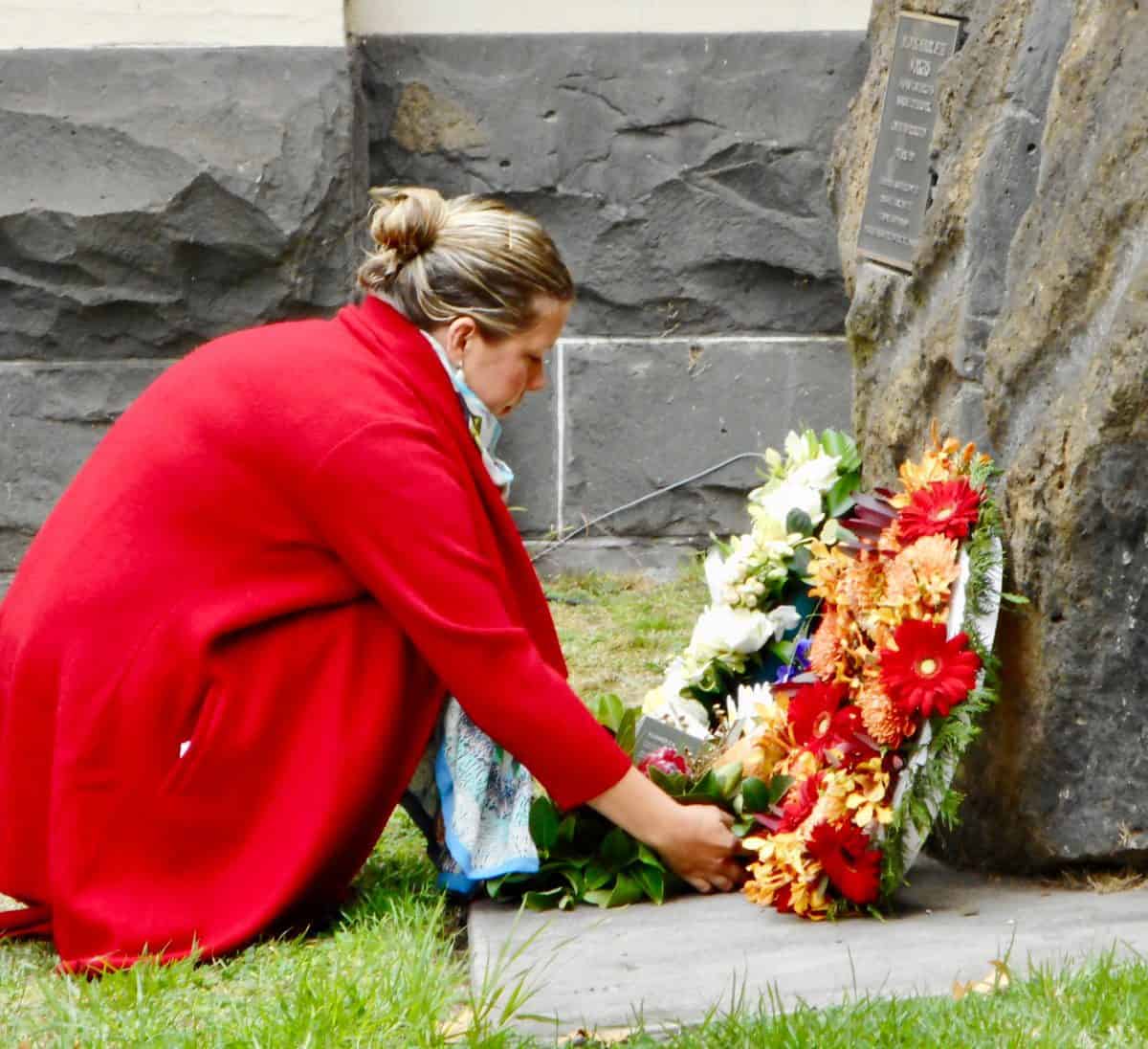South Australian (SA) Greens MP Tammy Franks has again proposed a Bill on Industrial Manslaughter (IM) to the SA Parliament. For at least the sixth time! Franks may remain unsuccessful as the recently elected Australian Labor Party has promised its own IM Bill. Either way, South Australia will likely have Industrial Manslaughter laws very soon.
In Parliament on May 4 2022, Franks reiterated the importance of these laws but also illustrated their weaknesses.







